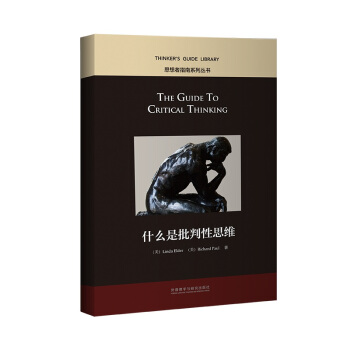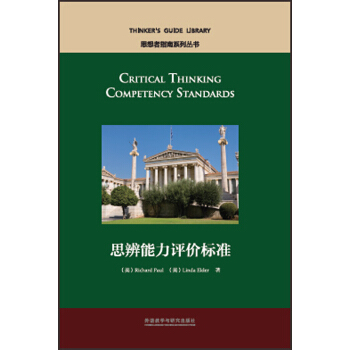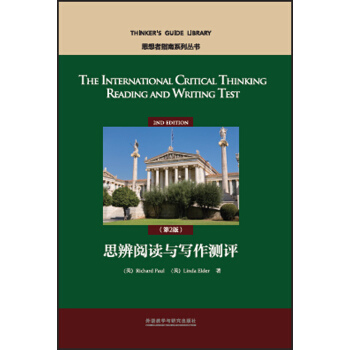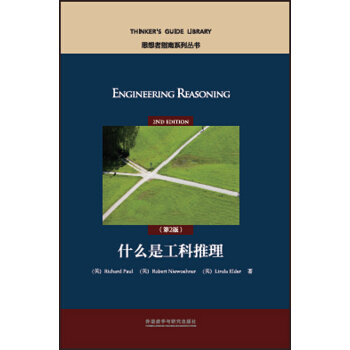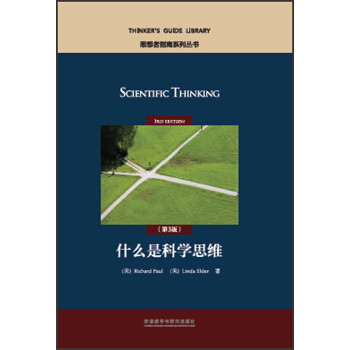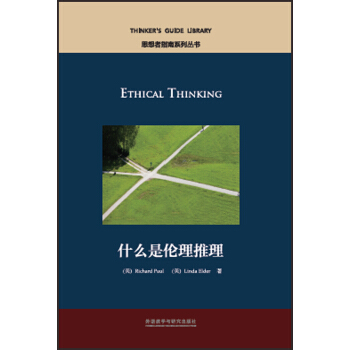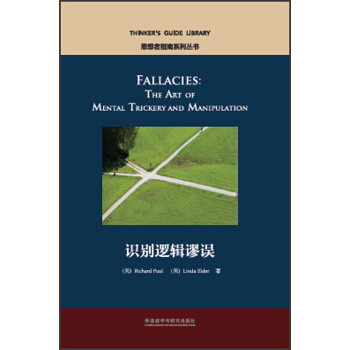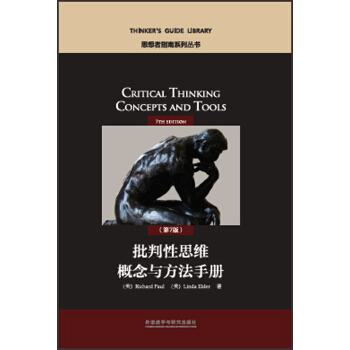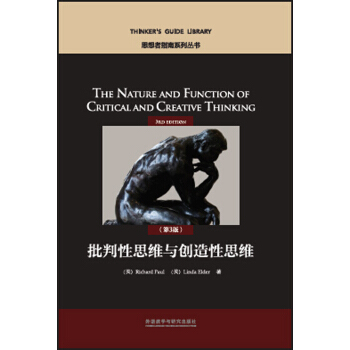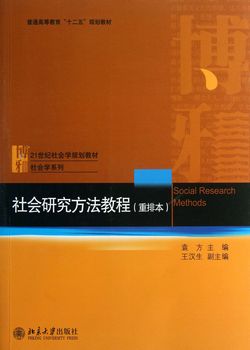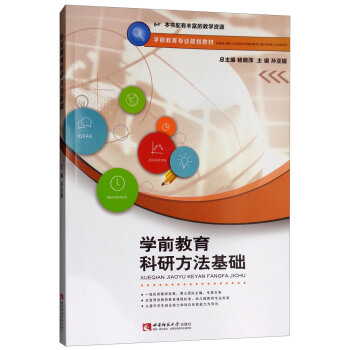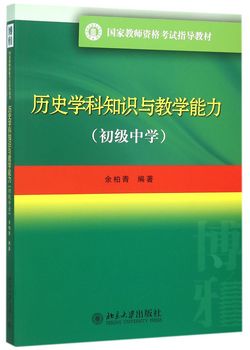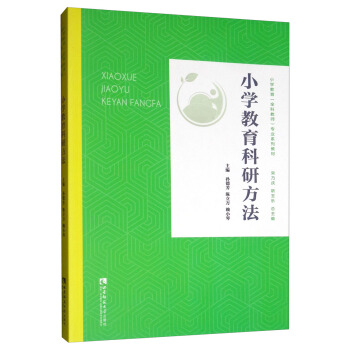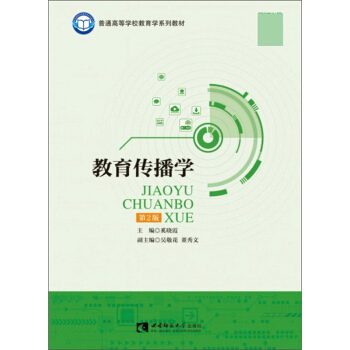什么是批判性思维
定价:¥9.90
作者: Richard Paul,Linda Elder
出版时间:2016-06
出版社:外语教学与研究出版社
- 外语教学与研究出版社
- 9787513575348
- 238253
- 2016-06
- 64
作者简介
内容简介
“思想者指南系列丛书”由外研社原版引进,供读者培养、提升思辨能力(批判性思维能力)。作者Richard Paul和Linda Elder是两位专门从事思辨能力研究的专家,他们创办的专门研究和培训思辨能力的机构Foundation for Critical Thinking享誉全球。Richard Paul和Linda Elder认为,思辨能力并不是玄虚的存在,而是有方法可依、有规律可循,他们将长期研究发现并总结的方法与规律凝聚在了“思想者指南系列丛书”当中。
“思想者指南系列丛书”共21本,分为基础篇、大众篇、教学篇,分别针对入门基础学习者、社会大众读者、广大教师及学生阅读学习。“思想者指南系列丛书”语言简洁、内容明晰、易于阅读、方便携带、价格实惠,是学习思辨能力不可多得的好书。
“思想者指南系列丛书”共21本,分为基础篇、大众篇、教学篇,分别针对入门基础学习者、社会大众读者、广大教师及学生阅读学习。“思想者指南系列丛书”语言简洁、内容明晰、易于阅读、方便携带、价格实惠,是学习思辨能力不可多得的好书。
目录
Introduction for Teachers and Students..........i
There are Three Main Kinds of Thinkers..........1
The Fairminded Critical Thinker..........2
The Selfish Critical Thinker..........3
The Na?ve Thinker..........4
Developing Intellectual Character..........5
How to Become a Fairminded Critical Thinker..........6
Intellectual Standards Help You Think Better..........9
Be Clear: Don’t Confuse People..........10
Be Accurate: Make Sure It’s True..........11
Be Relevant: Make Sure You Stay on Track..........12
Be Logical: Make Sure Everything Fits Together..........13
Be Fair: Make Sure You Consider Others..........14
Some Important Intellectual Standards..........15
A Checklist of Questions You Can Ask to Target
Intellectual Standards..........16
Think About Fairness..........17
Journal Entry Focusing on Unfair Thinking and Behavior..........18
We Take Our Thinking Apart to Find Problems in Our Thinking — and Solve Them..........19
Think About Purpose..........20
State the Question..........21
Gather the Information..........22
Check Your Inferences..........23
Question Your Assumptions..........24
Clarify Your Concepts..........25
Understand Your Point of View..........26
Think Through the Implications..........27
Clarifying Inferences and Assumptions 28
Finding Your Inferences and Assumptions..........30
Critical Thinkers Seek Better Ways of Doing Things..........32
Strategies for Using the Parts of Thinking..........33
Analyzing Problems..........33
Analyzing Characters in a Story..........35
Analyzing Chapters in a Textbook..........37
Analyzing Experiments..........39
Analyzing the Data Collected (After Experiments)..........40
Analyzing Subjects or Disciplines..........41
Asking Questions in Class Which Target the Parts of Thinking..........42
Strategies for Clarifying and Understanding Important Ideas:
Clarifying Your Own Ideas, Clarifying What O

